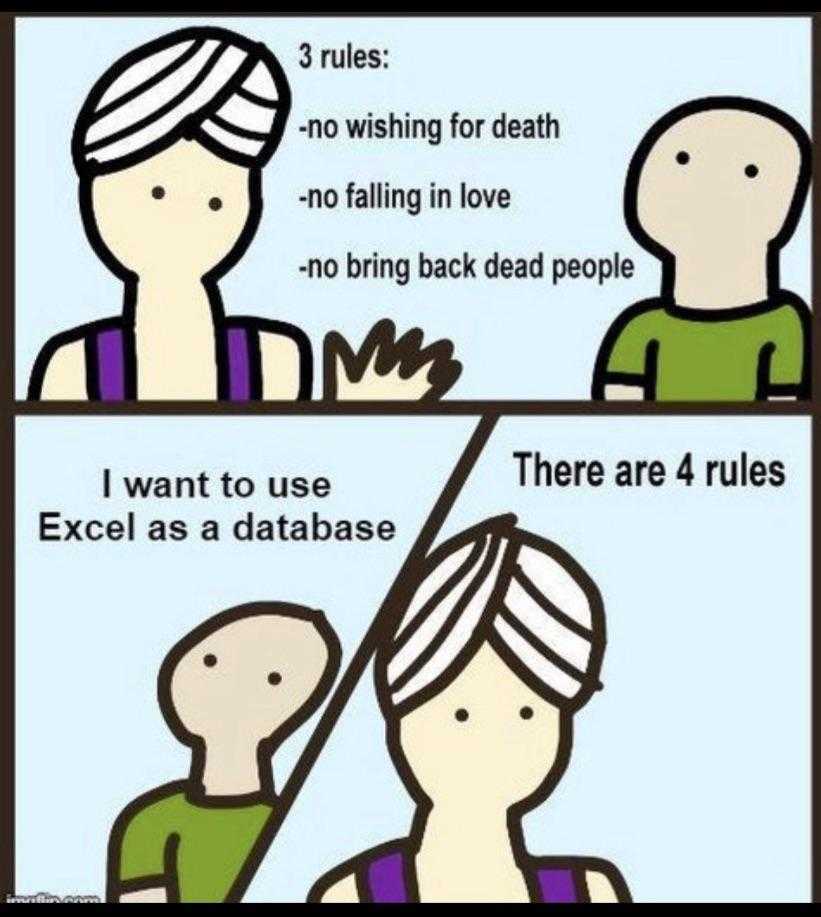Daring Bits
LBRY Enters the Ring with the SEC - Last year, we covered the chilling story of a judge ruling that LBRY tokens are securities. Well, LBRY has decided to fight back, and has filed a notice of appeal against the SEC. Jeremy Kauffman, LBRY founder and reBASED alum, told Cointelegraph, “The SEC has shown clear intent to use this ruling to damage the cryptocurrency industry more broadly.”
FBI Can Infect Your Computer Without Telling You - “As a result of the DOJ-propelled push to change Rule 41 jurisdiction limitations, the FBI is now able to infect computers anywhere in the United States using a single warrant… judges will allow the FBI to place its software on any user’s computer at any time, provided it can convince a court the end result will be something other than a massive number of privacy violations.” 🔥This is fine.🔥
Free Speech Win on the 5th Circuit - The Missouri v. Biden saga continues, as the Fifth Circuit Court of Appeals reaffirms an earlier ruling that the White House, the FBI, and the CDC violated the First Amendment by encouraging and coercing social media companies to suppress free speech under the guise of “public health”. The preliminary injunction from July, which strictly limited contact between the government and social media companies, was partly upheld in this latest ruling. Dr. Aaron Kheriaty reacts.
Two Constitutions, One Governor, Lots of Guns - New Mexico Governor’s emergency order to suspend public carrying of firearms in Albuquerque faces federal lawsuits, opposition from gun owners, Republican lawmakers, and civil rights advocates, including her own party members. The order, prompted by recent firearm homicides of minors, has sparked protests and calls for impeachment, with some officials refusing to enforce it, citing unconstitutionality. A judge now agrees. There’s that “public health” thing again, weird. 🤔
Cars Are Just The Worst - Guess what. Modern cars, or 💻”computers on wheels,”🚘 extensively collect personal data, share or sell it, and offer little control to users. All 25 car brands examined in this study - ALL of them - received a “Privacy Not Included” warning label. Unfortunately, consumers don’t currently have a lot of choice, so generating awareness is probably the first step in addressing this.
Death by a Thousand Microservices - Andrei Taranchenko says there’s a trend of overcomplicating software development with microservices and complex architectures, which has been influenced by factors like the rise of full-stack JavaScript developers, the influence of FAANG veterans, and the pursuit of easy money through venture capital. Taranchenko emphasizes the importance of simplicity and warns against solving problems that don’t actually exist, advocating for a more pragmatic and efficient approach to software development.
Memories from Old LAN Parties - Thomas Karpiniec writes out a memory dump of his fondest LAN party memories. I feel seen. Also, what is WiFi?
Robot Overlords
The New Economics of Generating Code - Larry Ellison argues that Oracle’s new Cerner system, generated using generative AI like APEX, represents the future of software development. This approach reduces the cost of refactoring legacy code, especially for critical systems running on mainframes, and presents opportunities for codebase migration in acquisitions, cloud providers, private equity investments, and strategic acquisitions. Additionally, AI assistants like Copilot make refactoring and maintaining software cheaper, hinting at a future with more automated systems for software development tasks.
Federated Benchmarking of Medical AI - The paper introduces MedPerf, an open platform for benchmarking medical AI models, emphasizing federated evaluation to ensure privacy and diverse data usage. It highlights the importance of overcoming data sharing challenges and presents MedPerf’s successful implementation in diverse healthcare settings, aiming to improve AI model evaluation and promote collaboration across international institutions.
Hierarchical Agents Do Better - Building agents through a hierarchical approach, where specialized agents are composed in a graph, results in better performance and fewer errors.
The Project Gutenberg Open Audiobook Collection - Our robot masters bear gifts. Project Gutenberg, Microsoft, and MIT have worked together to create thousands of free and open audiobooks using new neural text-to-speech technology and Project Gutenberg’s large open-access collection of e-books.
World Engine - Ever wanted to build an entire sci-fi/fantasy world but weren’t sure where to start? Happens to everyone. World Engine is here to help. Eat your heart out, Tolkein.



